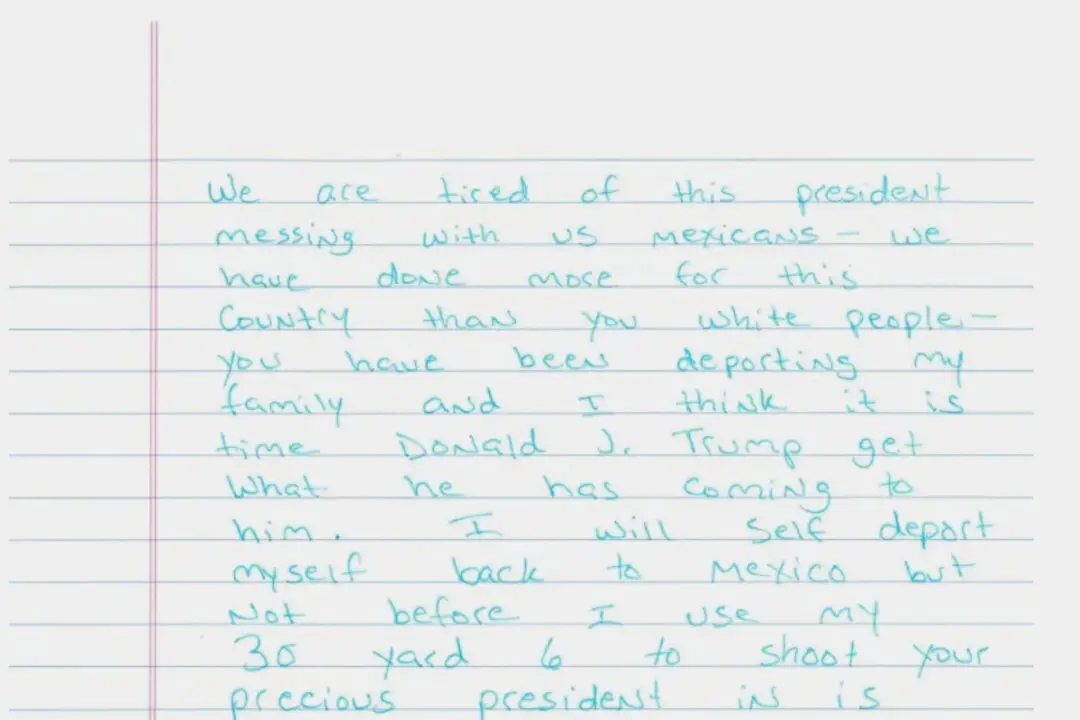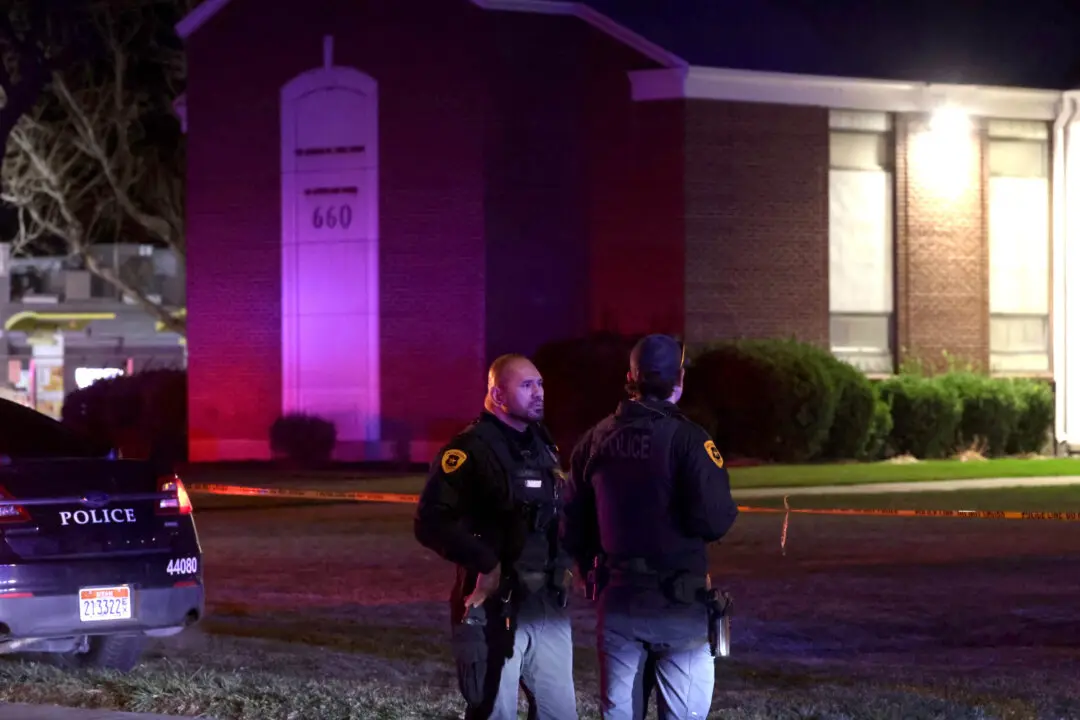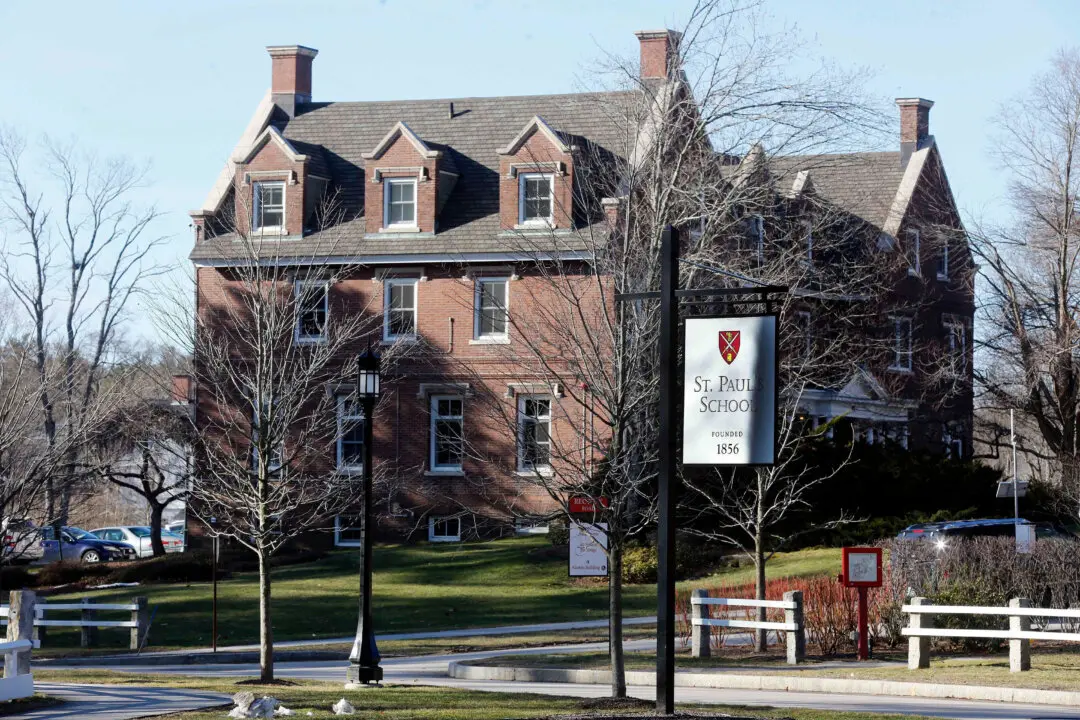GENEVA — The peace process the U.N. hopes to begin in Geneva is the first attempt to bring together Syria’s rival groups since 2014, but few harbor any hope that the talks will achieve a quick breakthrough in the 5-year-old civil war.
In fact, there are big questions about whether the main opposition group will show up on time or whether the talks will even take place. The talks are scheduled to begin Friday but are likely to be delayed due to ongoing disputes.
The process has the backing — at least in principle — of the international community, including countries that support opposing sides of the conflict: The United States, Saudi Arabia, Russia and Iran.
U.N. Special Envoy to Syria Staffan de Mistura described the talks as “an opportunity not to be missed.”
Here are some questions and answers about the talks and their significance:
Why are the talks important?
Any attempt, however modest, to end the conflict is important. The civil war has killed over a quarter of a million people, sent millions of refugees spilling into neighboring countries and Europe, and created a huge humanitarian catastrophe.
The talks are an attempt to bring together opposition groups and government representatives in what is billed as the first step in a U.N.-endorsed, 18-month political transition plan. At stake is whether the two sides and their international backers can overcome sharp differences to achieve confidence-building measures that can serve as a foundation for something bigger, including a broad national cease-fire.
Judging by the posturing and bickering over which opposition groups are eligible to attend and what should be on the agenda, the attempt appears almost hopeless.
Who are the participants?
De Mistura has invited Syrian Foreign Minister Walid al-Moallem and members of his delegation, as well as Riyad Hijab, the head of the opposition’s Higher Negotiating Committee, a Saudi-backed bloc that includes civilian and rebel groups. While the government delegation was expected to arrive Friday, the opposition bloc says it is still waiting for replies from the U.N. chief responding to its concerns, and is unlikely to make it by Friday.





